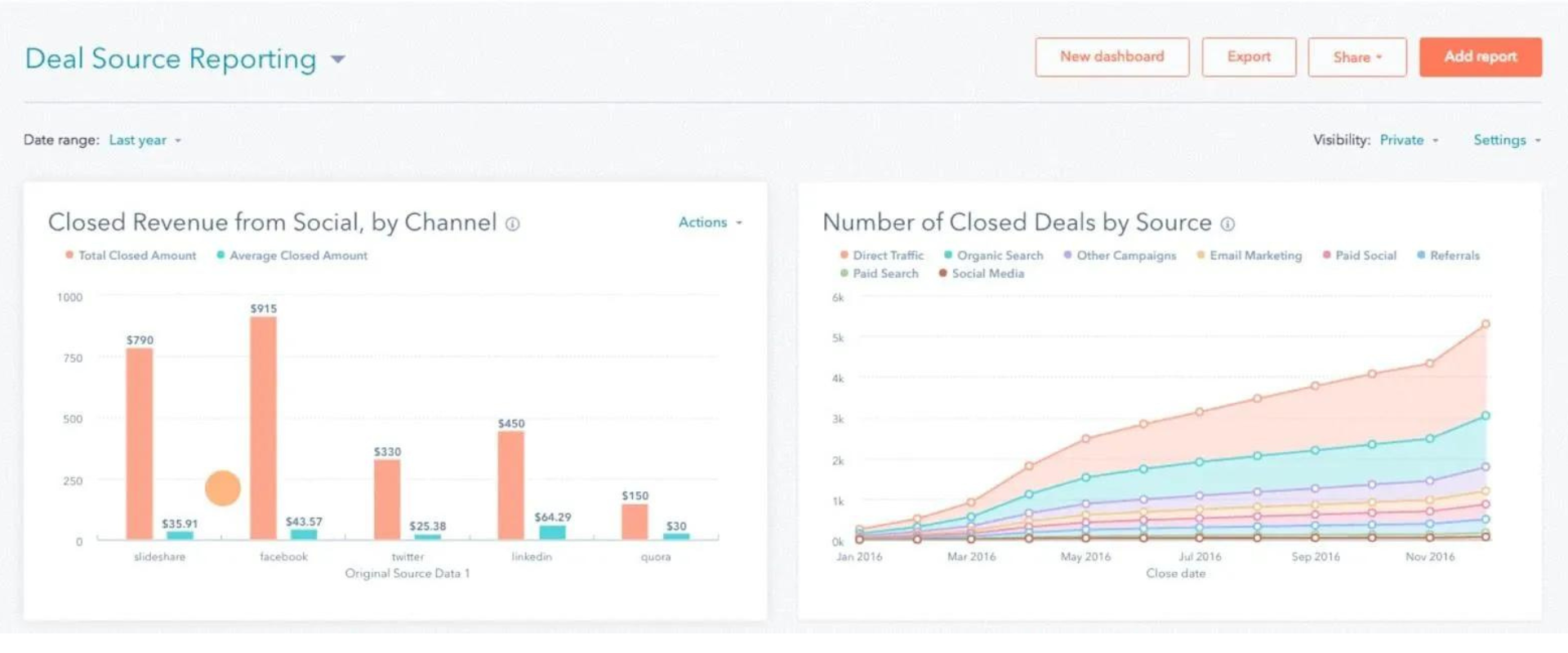Discover how implementing a CRM system can benefit startups in managing customer relationships and boosting growth.
Why Startups Need CRM
Startups require CRM to effectively manage their customer relationships and drive growth. A CRM system enables startups to organize and centralize their customer data, making it easier to track interactions, analyze customer behaviour, and identify opportunities for upselling or cross-selling. By gaining a comprehensive view of their customers, startups can provide personalized and targeted marketing campaigns, resulting in higher customer satisfaction and increased sales.
Moreover, CRM helps startups streamline their sales processes and improve efficiency. With a CRM system, startups can automate tasks such as lead generation, lead nurturing, and sales forecasting. This automation frees up valuable time for sales teams to focus on building relationships with customers and closing deals. By optimizing their sales processes, startups can accelerate their sales cycles and drive revenue growth.
Furthermore, CRM provides startups with valuable insights and analytics. By tracking and analyzing customer data, startups can gain a deeper understanding of their target market, identify trends, and make data-driven decisions. This allows startups to tailor their products or services to meet customer needs and preferences, ultimately increasing customer satisfaction and loyalty.

In summary, CRM is essential for startups as it helps them manage customer relationships, streamline sales processes, and gain valuable insights. By implementing a CRM system, startups can effectively scale their businesses and achieve long-term success.
Key Features of CRM for Startups
Startups can benefit from using CRM systems, which offer a range of key features. These features include:
Contact Management: A CRM system allows startups to store and manage all customer contact information in one centralized database. This makes it easy to keep track of customer details, such as names, addresses, email addresses, and phone numbers.
Sales Pipeline Management: CRM enables startups to track and manage their sales pipeline effectively. Startups can easily monitor the progress of each deal, from the initial lead to the final sale, ensuring that no opportunity falls through the cracks.
Task and Activity Management: CRM systems help startups stay organized by providing tools for task and activity management. Startups can create and assign tasks to team members, set reminders, and track progress, ensuring that nothing gets overlooked.
Reporting and Analytics: CRM systems offer robust reporting and analytics capabilities, allowing startups to measure and analyze their sales performance, customer behaviour, and marketing campaigns. Startups can generate reports and visualizations to gain valuable insights and make informed business decisions.
Integration Capabilities: CRM systems can integrate with other tools and platforms that startups use, such as email marketing software, customer support systems, and e-commerce platforms. This integration streamlines workflows and enables startups to leverage the full power of their CRM system.

These key features of CRM empower startups to effectively manage their customer relationships, streamline sales processes, and make data-driven decisions.
Choosing the Right CRM for Your Startup
Selecting the appropriate CRM system for your startup is important for optimizing advantages and guaranteeing a seamless implementation. Take into account the following aspects when deciding on a CRM system:
- Scalability: Look for a CRM system that can grow with your startup. It should be able to handle increased data and user load as your customer base and sales team expand.
- Ease of Use: Choose a CRM system that is intuitive and easy to navigate, especially for startups with limited resources and time. This will allow your team to quickly adopt and make the most of its features.
- Customization: Ensure that the CRM system can be easily tailored to your startup's specific needs and workflows. This flexibility can maximize its effectiveness.
- Integration Options: Consider the CRM system's compatibility with other tools and platforms used by your startup such as email marketing software, customer support systems, and e-commerce platforms. Seamless integration will boost productivity and efficiency.
- Cost: Evaluate pricing plans and consider your startup's budget. Look for a pricing plan that aligns with your financial goals and scalability.
By carefully considering these factors, startups can select the right CRM system that meets their unique needs and sets them up for success.
Implementing CRM Effectively
Implementing a CRM system effectively is crucial for startups to maximize its benefits and ensure successful adoption. Here are some best practices for implementing CRM in your startup:
- Define Clear Objectives: Before implementing a CRM system, clearly define your startup's objectives and goals. Identify the specific problems or challenges you want to solve with CRM and outline the expected outcomes. This will help guide your implementation process and measure the success of your CRM system.
- Clean and Import Data: Start with clean and accurate data. Ensure that your existing customer data is properly organized and free from duplicates or errors. Import the data into the CRM system, mapping the relevant fields correctly. This will ensure that your CRM system starts with reliable data and provides accurate insights.
- Provide Training and Support: Properly train your team on how to use the CRM system effectively. Offer comprehensive training sessions and provide ongoing support to address any questions or issues. This will increase user adoption and ensure that your team fully leverages the CRM system's capabilities.
- Encourage Data Entry and Usage: Emphasize the importance of data entry and encourage your team to actively use the CRM system. Make it a part of their daily workflows and highlight the benefits they can gain from accurate and up-to-date customer data. This will help maintain data integrity and ensure that the CRM system becomes a valuable tool for your startup.
- Regularly Review and Optimize: Continuously review and optimize your CRM system to align with your startup's evolving needs. Regularly analyze the data and reports generated by the CRM system to gain insights and identify areas for improvement. This iterative approach will ensure that your CRM system remains effective and drives ongoing growth.

By implementing CRM effectively and following these best practices, startups can derive maximum value from their CRM system and achieve their customer relationship and growth goals.
Measuring Success with CRM
Measuring the success of your CRM implementation is crucial for assessing its effectiveness and making data-driven decisions. Here are some key metrics to consider when measuring CRM success:
- Customer Satisfaction: Monitor customer satisfaction levels and track changes over time. Use the CRM system to analyze customer interactions, feedback, and support tickets to identify areas for improvement and ensure high customer satisfaction.
- Sales Revenue: Measure the impact of CRM on your sales revenue. Analyze the sales pipeline data and track the conversion rates, deal sizes, and sales cycles. Compare these metrics before and after CRM implementation to assess the system's contribution to revenue growth.
- Customer Retention: Evaluate the impact of CRM on customer retention rates. Monitor customer churn rates and analyze the data to identify patterns or trends. Use the CRM system to proactively engage with at-risk customers and implement strategies to improve customer retention.
- Efficiency and Productivity: Assess the efficiency and productivity gains achieved through CRM. Measure the time saved in tasks such as data entry, lead nurturing, and reporting. Track the performance of your sales team and evaluate their productivity improvements.
- Return on Investment (ROI): Calculate the ROI of your CRM system by comparing the costs of implementation and maintenance with the benefits gained. Consider both tangible benefits, such as increased revenue, and intangible benefits, such as improved customer relationships and brand perception.
By regularly measuring these key metrics and analyzing the data provided by your CRM system, you can evaluate the success of your CRM implementation, identify areas for improvement, and make data-driven decisions to drive continued growth and success.
If you're considering implementing CRM for freelancers but feel unsure or overwhelmed about where to begin, feel free to reach out to Velainn for assistance. We're here to support you every step of the way.
Visuals: HubSpot, Storyset, Freepik

